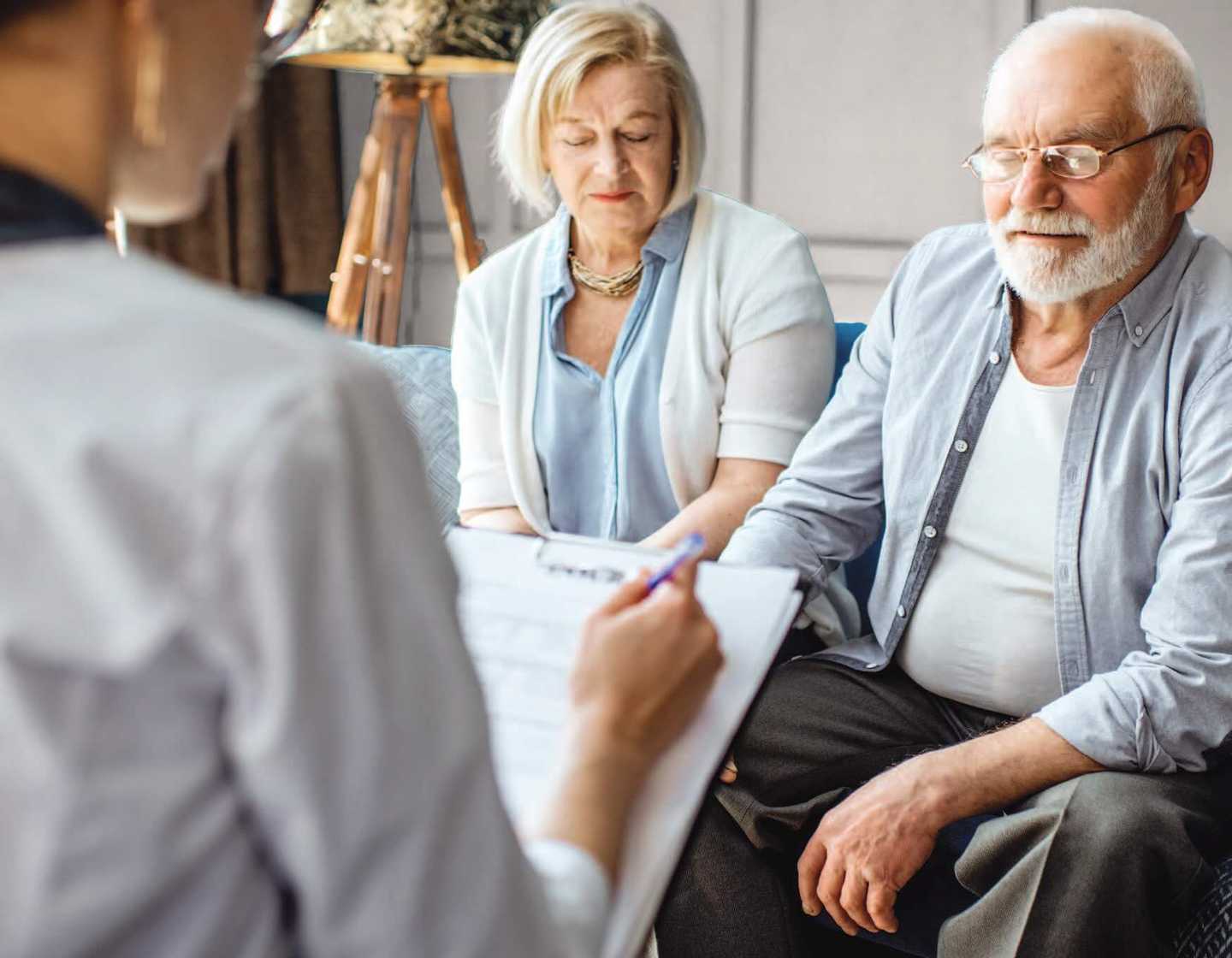Should I get a second opinion?
Should I get a second opinion?
All decisions regarding treatments are made by a multi-disciplinary team (MDT), who are specialists in surgery, radiology, pathology, and oncology. Your team will use national treatment guidelines to decide the most suitable treatment for you. Even so, you may want another medical opinion about your diagnosis or treatment.
You may have doubts about your diagnosis, may not understand the information you are given; are not happy with the treatment that has been recommended; or you may just want to talk to another doctor or specialist about your diagnosis or treatment.
All patients in the UK have a right to a second opinion and this may form a valuable part of your decision-making process.
NHS patients' rights
What is Pancreatic cancer and how is it diagnosed?
This booklet for patients and carers describes pancreatic cancer, its causes and symptoms. It gives detailed information on the diagnostic tests used and the stages of pancreatic cancer. It includes a section on what to ask your doctor, where to go for further information and a glossary to explain many of the terms used.
Read more
Treatment options do not usually differ…
Within the specialist pancreatic units in the UK, management of your condition is usually evidence based and will be relatively consistent from unit to unit. There may be slightly different opinions regarding suitability for certain treatments as every patient is an individual, and debate over options is inevitable. The decisions regarding treatment in specialist centres are no longer made by individual consultants but are a “committee” decision based on all the evidence from investigations presented to a multi-disciplinary team (a weekly meeting with pancreatic specialists).
When can treatment options differ?
Where treatment opinions can differ is in the field of research of potentially new (and unproven) treatments as part of trials. Most regional centres will be involved in research trials, but the specific trial may differ from one centre to another. It should be emphasised that a trial is being conducted because the potential benefit of the treatment is unknown (it may be better, the same, or sometimes not as good as current evidence based standard treatment). As the specialists from your region are likely to have been involved with the initial decision, obtaining a second opinion will normally require travel to a different regional specialist centre. It may help if a family member or friend comes with you to support you and help process the complex information. You may want to think about what you would like to get out of the second opinion before the appointment and write down any questions you would like to ask.
The information provided in this site, or through links to other websites, is not a substitute for medical or professional care and should not be relied upon as such. Read our disclaimer.
Sources and references for this information product will be supplied on request. Please contact us quoting the Information Product number below:

- Information Product No: TBC
- Published: 3 Oct 2019
- Last updated: 8 Aug 2024
- Next Review Due: 21 Apr 2025